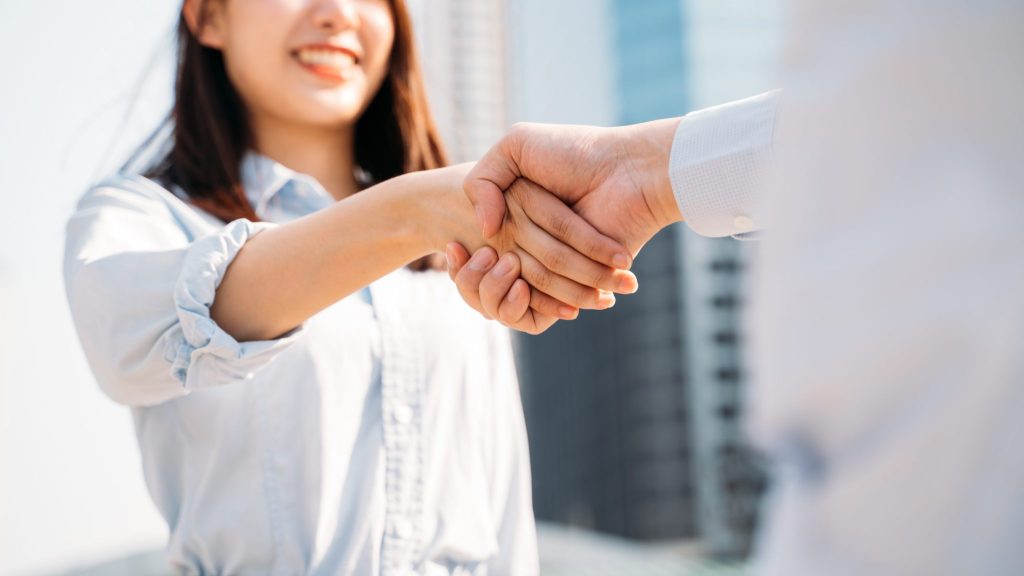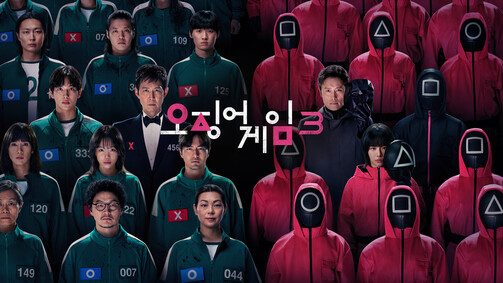Korean Age Culture
When traveling to Korea or getting into K-Dramas and K-Pop idols, you might have wondered:
- “I heard Korea counts age differently?”
- “Is ‘oppa’ only used for lovers?”
In fact, Korea has age culture and honorific rules that are slightly different from Japan.
To make it easier for first-time Japanese visitors to understand, we’ll explain Korean age and honorific culture in 5 key points, helping you navigate interactions with Koreans smoothly!
① Korean Age Calculation: “Korean Age” vs. “International Age”

In Korea, there has traditionally been a unique age system called “Korean age”. This method is somewhat similar to the old Japanese age system and has the following characteristics:
- You are considered 1 year old at birth (including the fetal period).
- Everyone adds one year on January 1st, regardless of their actual birthday.
- For example, a baby born on December 31, 2024, would already be considered 2 years old on the next day, January 1, 2025.
However, recently, Korea has officially adopted the “international age” system (the same as in Japan) for legal and official purposes.
Since 2023, the Korean government uses international age as the standard in laws and official documents.
Still, in everyday conversations, social gatherings, or drinking parties, many people continue to think in terms of Korean age.
Therefore, it’s common to add a clarification like: “In Korean age, I’m ○ years old.”
② Does Age Determine Relationships? The Importance of Hierarchy
In Korean society, age is a very important factor in determining hierarchical relationships.
For example, even when meeting someone for the first time, it’s common to ask: “What year were you born?” to understand each other’s age and social standing.

You must use honorific language when speaking to someone older and show consideration in your actions. For example:
- When pouring drinks, always use both hands for someone older.
- Casual language (반말) is generally reserved for younger people or close peers.
- While Japan also uses polite language for seniors, in Korea, even a one-year age difference can create a clear hierarchy, so it requires much more awareness.
③ Diversity of Honorifics: “Oppa” and “Nuna” Beyond Family
In Korean, the way you address someone varies depending on age and relationship, and this can be confusing for Japanese speakers—especially terms like “오빠 (oppa)” and “누나 (nuna)”.
| Honorific | Pronunciation | Meaning / Usage |
|---|---|---|
| 오빠 | oppa | Used by women to address older men (brother or boyfriend) |
| 누나 | nuna | Used by men to address older women (sister) |
| 형 | hyung | Used by men to address older men (brother) |
| 언니 | eonni | Used by women to address older women (sister) |
Key Point: These honorifics are used even without a blood relationship.
For example, it’s very natural for a woman to call a close older male friend “oppa”. While these terms can also be used as affectionate nicknames between lovers, they are commonly used among siblings and friends as well.
Unlike Japanese, Korea rarely uses the “name + -san” convention.
④ When to Switch to Casual Language? A Surprisingly Tricky Rule

As the saying goes, “Let’s use casual language once we’re close”, in Korea you can only use 반말 (casual language) if there is mutual agreement.
- Even among people of the same age, you should use honorifics when first meeting.
- It’s polite to ask, “Shall we speak casually?” (우리 말 놓을까?) before switching to 반말.
Using casual language without confirmation can be considered rude, so it’s important to be careful.
⑤ Useful Age and Honorific Expressions for Real Conversations
Finally, here are some simple expressions you can use when interacting with Koreans:
- 몇 살이에요? (Myeot sal-ieyo?) – How old are you?
- 몇 년생이에요? (Myeot nyeon-saeng-ieyo?) – What year were you born?
- 언니라고 불러도 돼요? (Eonni-rago bul-leo-do dwaeyo?) – Can I call you “eonni”?
- 저보다 나이가 많으세요? (Jeo-boda na-i-ga manh-euseyo?) – Are you older than me?
Using these expressions confidently will help you get closer to locals and navigate social interactions more smoothly!
Summary: Understanding Age Culture Makes Korea More Enjoyable!
By understanding Korea’s different age calculation and honorific culture compared to Japan, your interactions with Koreans can become much smoother and deeper.
In particular, being mindful of speech style and honorifics is a small gesture that can leave a great impression.
Refer to these tips before your trip to Korea or when interacting with Korean friends!
Table of Contents









